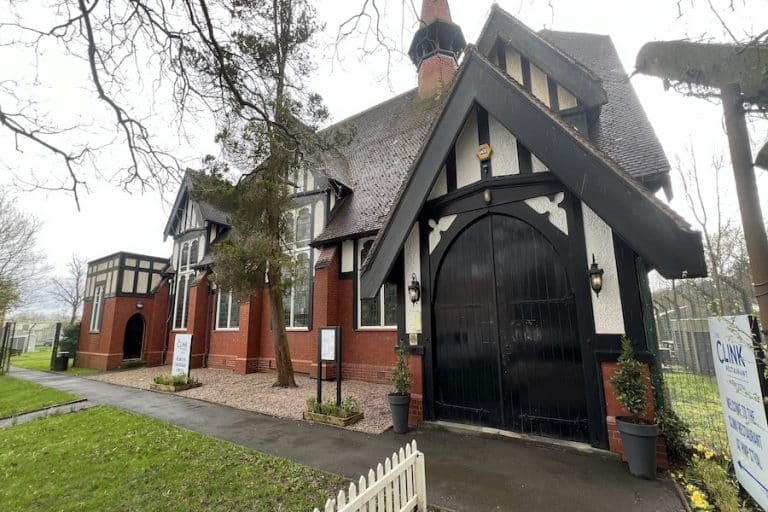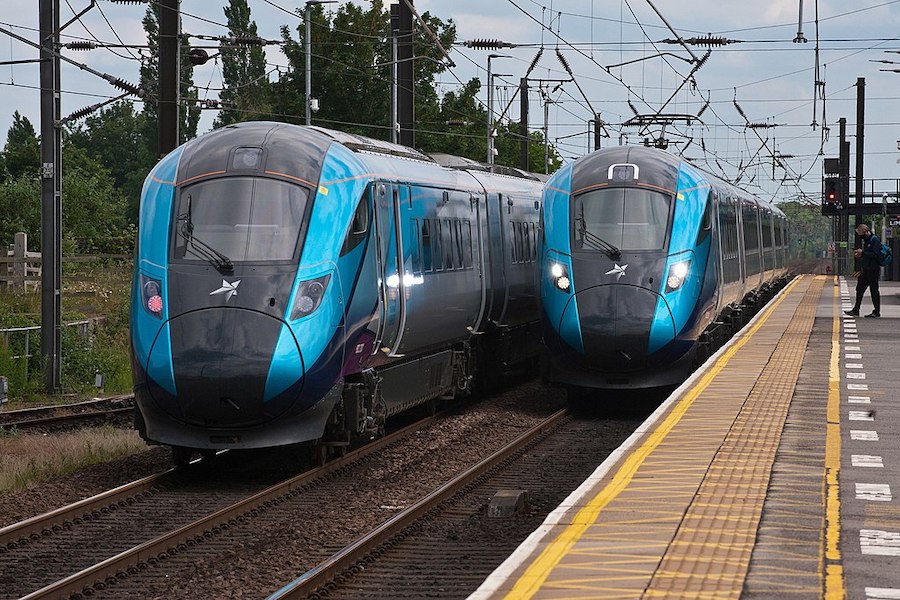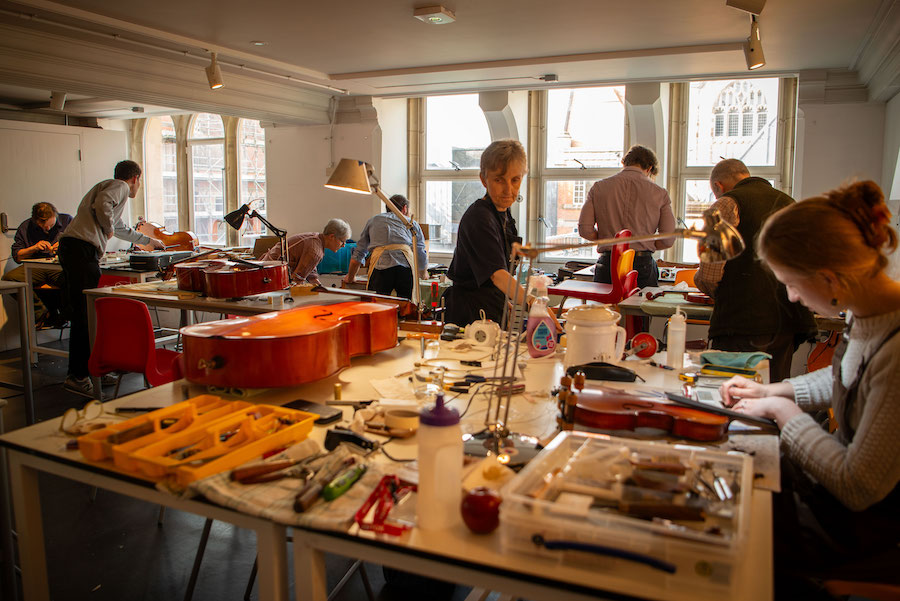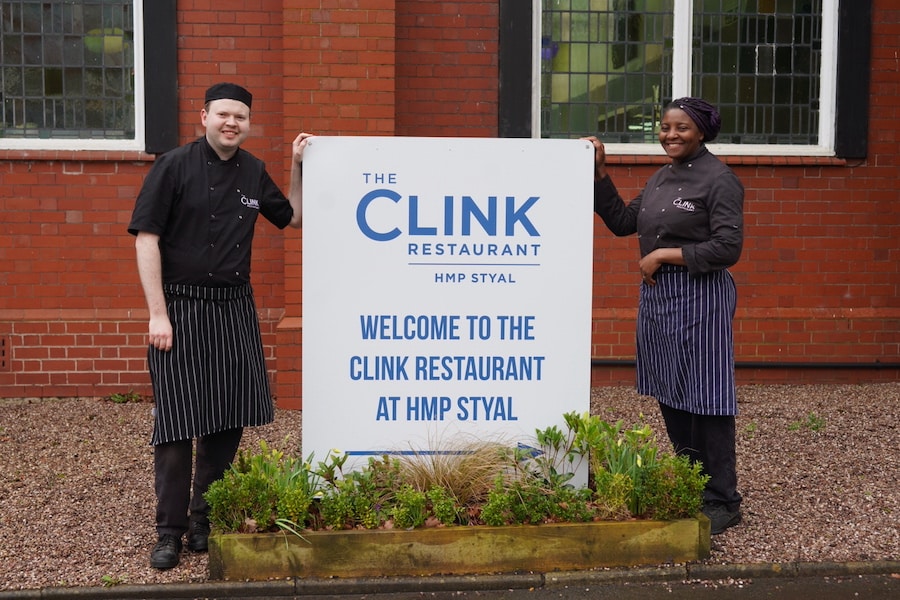The masterplan: Manchester mayor Andy Burnham’s first 100 days have been eventful – to say the least
- Written by Ray King
- Last updated 7 years ago
- City of Manchester, People
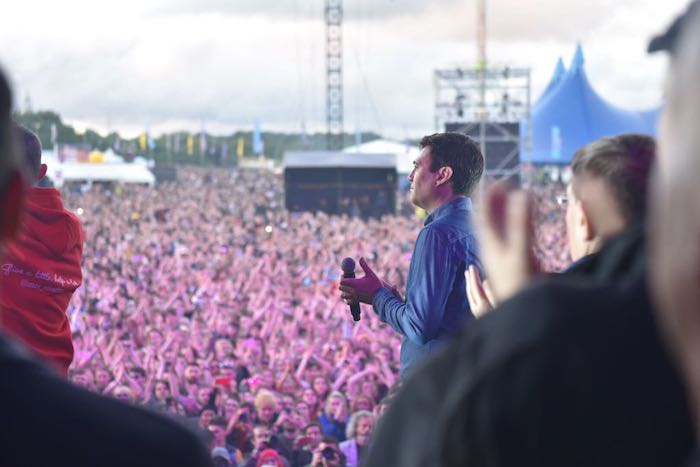
When former Cabinet big hitter and Labour leadership contender Andy Burnham was elected Greater Manchester’s first executive mayor 100 days ago, he described his task as a big job, for which he had a big mandate.
But almost immediately his historic role was defined by his leadership of Manchester’s reaction to Salman Abedi’s callous terror attack on the Arena which left 22 people dead and many more wounded as they left Ariana Grande’s eagerly awaited concert.
Burnham emerged from his baptism of fire little more than two weeks after taking office – a day he says left him ‘sick to the stomach’ – a much more recognised figure by the public, though he would not have wished it that way. And his tribute to those who responded ‘after our darkest of nights….even in the minutes after the attack’ was measured, dignified and very well received.
But what of the mayor’s other early accomplishments? 100 days is far too short a time to make any sort of reasonable assessment, but it is clear that for the most part Burnham is beginning to steer away from the adversarial politics of the House of Commons cockpit – as he must – towards a representative role that involves working with ministers he might not particularly agree with.
He alluded to this in a recent interview on ITV. “This is not about party politics,” he said. “I am not in this job to score points against the Tories.” And he added that he would make his views known to Jeremy Corbyn and the Labour party when he thought they were wrong.
“I have always said this: there’s a London-centric approach to politics on both sides…and I think it needs to be challenged.”
Few, however, would criticise his furious reaction to the mothballing of plans for the upgrade and electrification of the slowcoach east-west rail link through Manchester from Leeds to Liverpool – the essence of the endangered Northern Powerhouse project – when within days the green light was given to London’s Crossrail 2.
Northern stakeholders across the board and across the political spectrum felt the same way. But if part of the mayor’s raison d’etre was to make the region’s voice louder, it had still been drowned out by the clamour from the capital.
Progress on Burnham’s manifesto pledges is taking time. He admits that his priority issue of homelessness – he promised to end rough sleeping by 2020 – has seen little visible change despite the injection of cash into community schemes. As others have discovered before him, solving the problem of rough sleepers is far more complex than simply providing shelters.
RECAP from yesterday: Can you help @AndyBurnhamGM end homelessness in Greater Manchester by 2020? pic.twitter.com/KrmQN2JPda
— Mayor Andy Burnham (@MayorofGM) August 1, 2017
He now says: “I have said let’s see if we can end rough sleeping by 2020. If we can get three-quarters of the way there, am I going to consider myself a failure? Well, no,”
It may also be a long haul regarding police manpower, but Burnham insists that you cannot continue cutting police numbers without seriously putting public safety at risk.
“The Chief Constable says that police numbers are at the low side of reasonable, which I take to be borderline unreasonable and the government has to hear that,” he said. Way to go.
Leaving aside the disappointment over major rail investment, Burnham’s transport priorities are on the move, including a key step towards delivery of smart ticketing and, from September, the halving of bus fares for 16-18 year olds – a step on the way towards provision of free passes for the age group.
His appointment of Olympic gold medal winner Chris Boardman as the region’s cycling and walking guru is also a bold statement of intent.
Less straightforward will be implementing his pledge to rewrite the controversial Greater Manchester development masterplan for the next 20 years. It’s a classic housing and jobs versus green belt debate that is bound, in the end, to upset some people, however radical the rewrite.
Good luck with that one, Mr Mayor.
- This article was last updated 7 years ago.
- It was first published on 18 August 2017 and is subject to be updated from time to time. Please refresh or return to see the latest version.
Did we miss something? Let us know: press@ilovemanchester.com
Want to be the first to receive all the latest news stories, what’s on and events from the heart of Manchester? Sign up here.
Manchester is a successful city, but many people suffer. I Love Manchester helps raise awareness and funds to help improve the lives and prospects of people across Greater Manchester – and we can’t do it without your help. So please support us with what you can so we can continue to spread the love. Thank you in advance!
An email you’ll love. Subscribe to our newsletter to get the latest news stories delivered direct to your inbox.
Got a story worth sharing?
What’s the story? We are all ears when it comes to positive news and inspiring stories. You can send story ideas to press@ilovemanchester.com
While we can’t guarantee to publish everything, we will always consider any enquiry or idea that promotes:
- Independent new openings
- Human interest
- Not-for-profit organisations
- Community Interest Companies (CiCs) and projects
- Charities and charitable initiatives
- Affordability and offers saving people over 20%
For anything else, don’t hesitate to get in touch with us about advertorials (from £350+VAT) and advertising opportunities: advertise@ilovemanchester.com

Head down the rabbit hole for Adventures in Wonderland with Z-arts
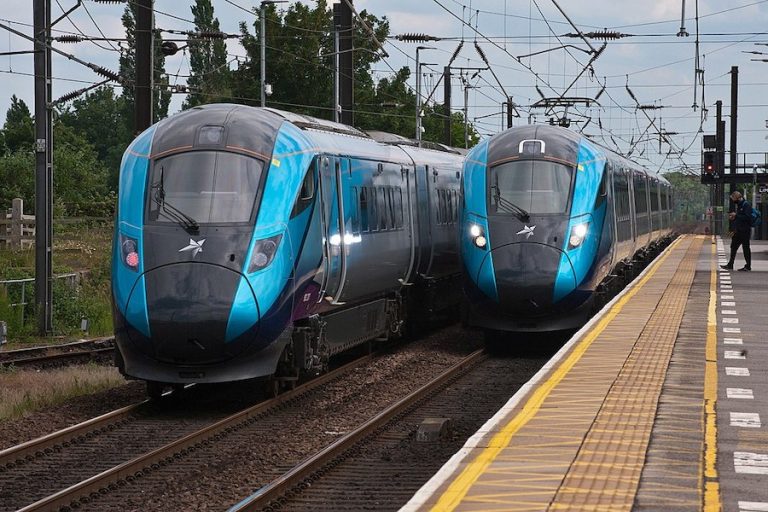
Major rail investment set to transform Manchester-Leeds commutes

“His presence will be deeply missed” Children’s hospice bids farewell to their visionary CEO

Has Gordon Ramsay created Manchester’s ultimate bottomless brunch?

The Clink celebrates ten years of empowerment and second chances
